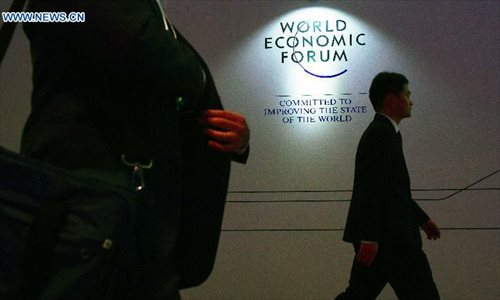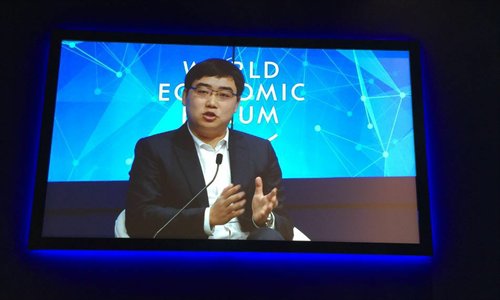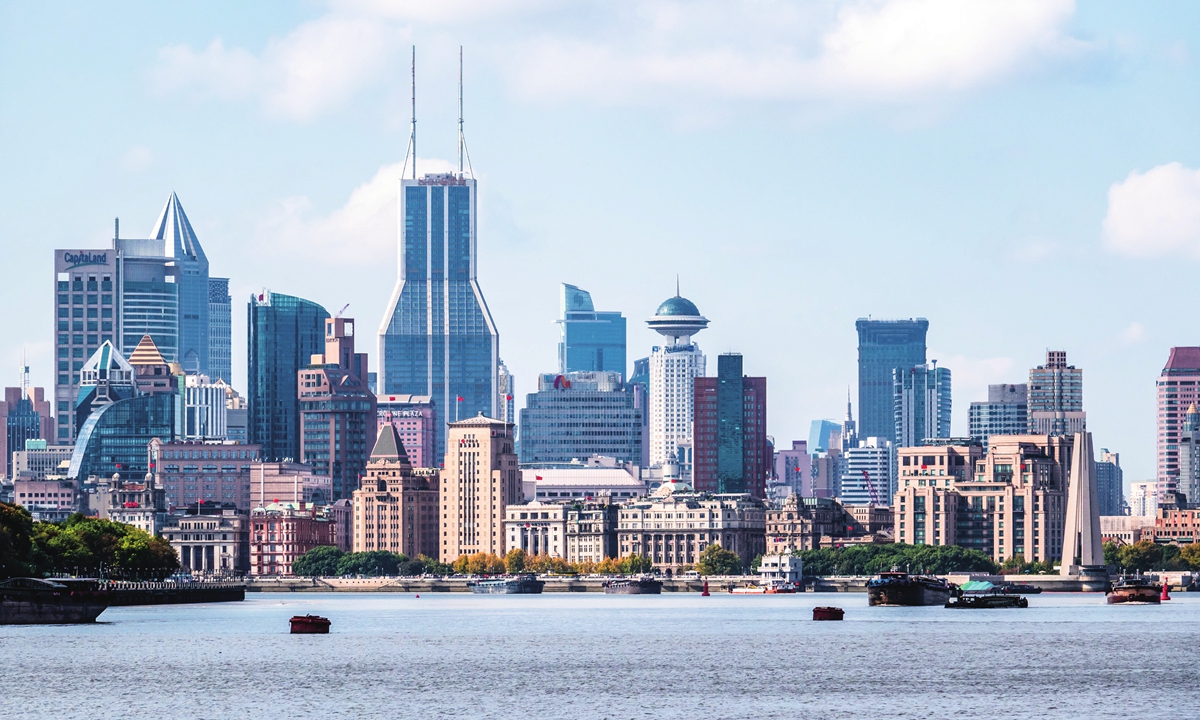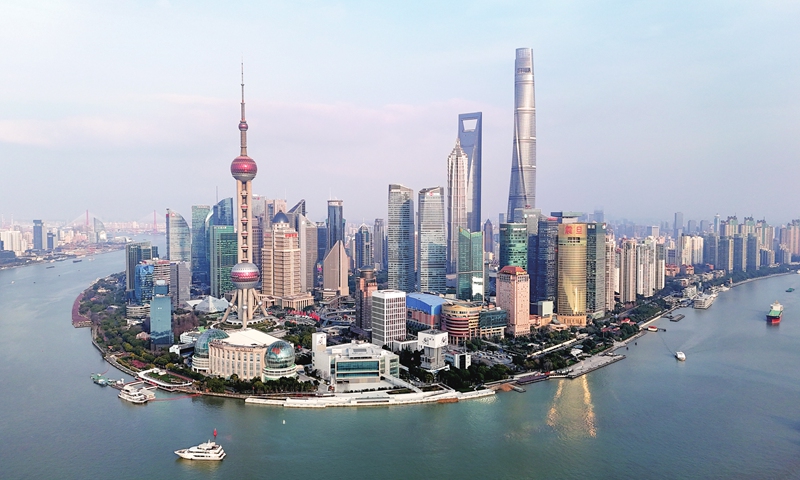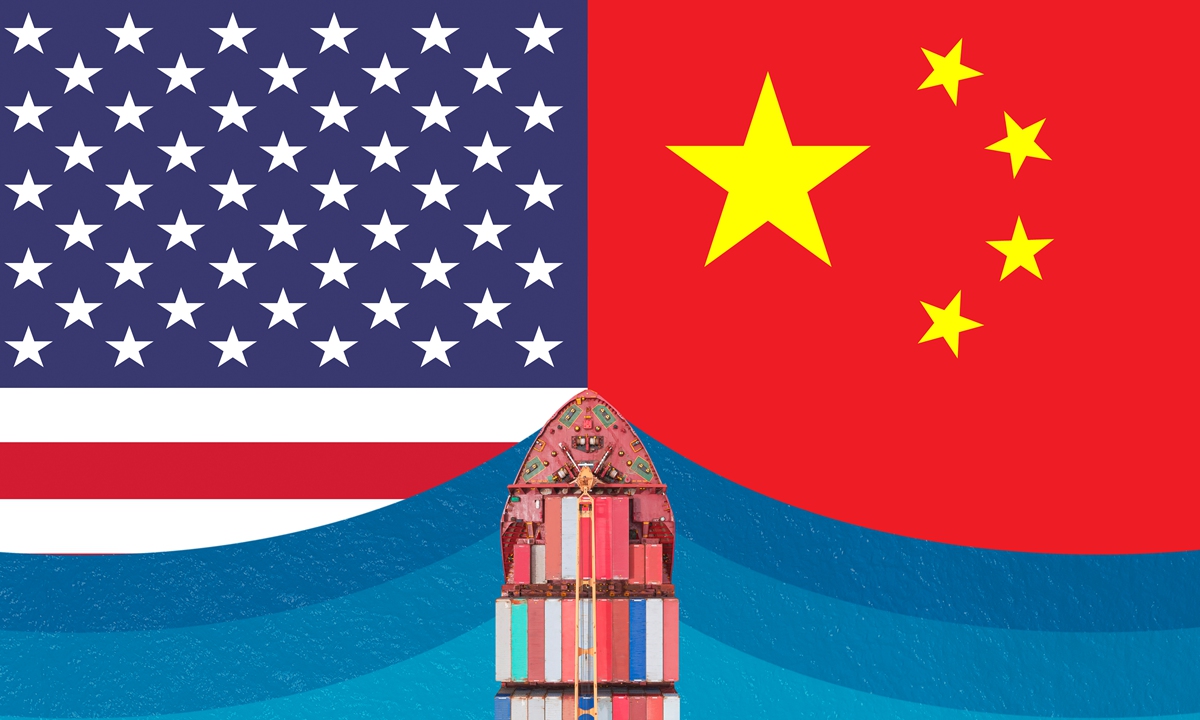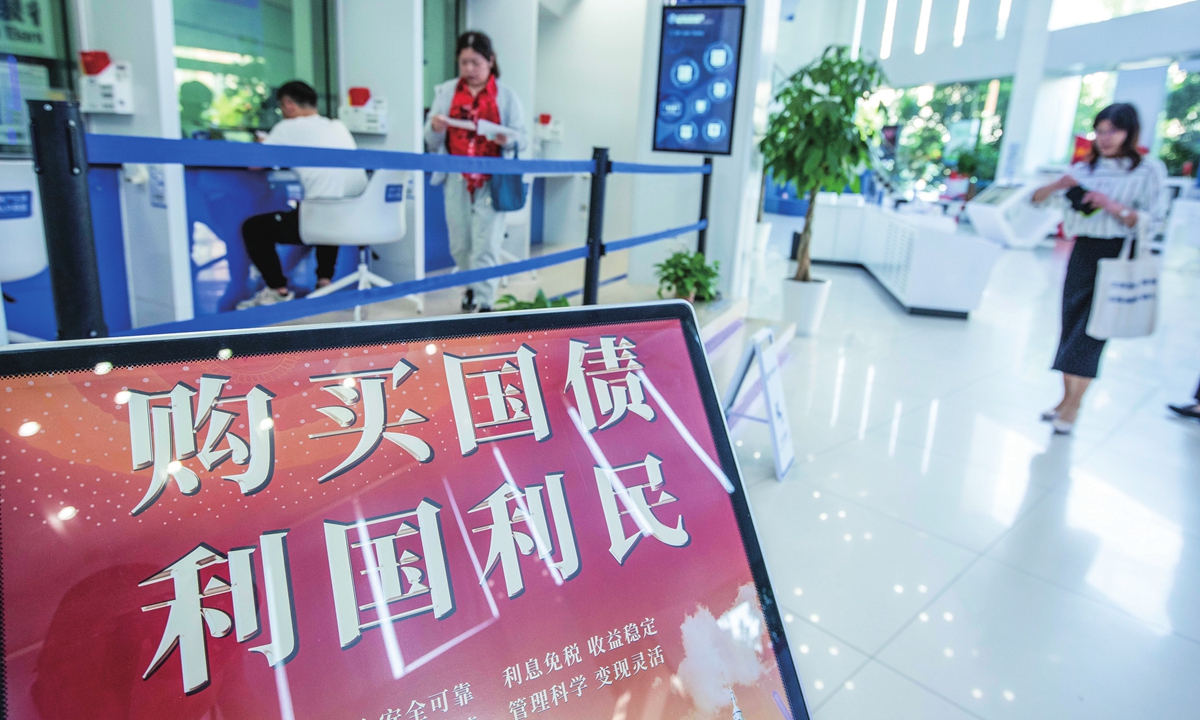
- Innovation, entrepreneurship to lead Chinese economy: Summer Davos attendees 2015-09-11 22:29:55
- Chinese premier upbeat about China's economy at Davos: Brazilian experts 2015-09-15 13:58:41
- China faces economic challenges in keeping environmental promises 2015-09-11 13:28:28
- Voices on Davos 2015-09-10 22:38:08
- Internet 'builds better lending industry' with technology 2015-09-10 22:38:01
China will be a pioneer leading the world into a ...
The nation's goal of building itself into a financial powerhouse ...
The office of the US Trade Representative (USTR) announced plans ...
China issued 40-billion-yuan ($5.63 billion) worth of 20-year ultra-long special ...
Given its size and the breadth of its issuer base, China's domestic bond market offers more investment options for global ...
Chinese firms take initiative overseasLast year, the central government called on Chinese companies to invest in overseas projects. “Opportunities are hard to find and ...
Property tax could have long-term effect on pricesThere is no direct relationship between property tax and housing prices, real estate tycoon Ren Zhiqiang claimed at a forum ...
Will cost-cutting pledges be more than just words?China Unicom will slash mobile data fees by 20 percent, China Mobile will reduce overall fees by about 35 percent, ...
More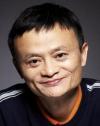 Jack Ma | To govern the Internet is necessary. We pay special attention to some issues such as the protection of intellectual property. It is hard for a company to stay on top for five years with fierce competition. Fifteen years from now, companies will rarely survive longer than 30 years. | 
Chairman, China Association for Public Companies, People's Republic of China | People have great expectations for state-owned enterprise reforms. Actually, we have already taken a step in that direction with the mixed ownership model. Mixed ownership would not be effective if it meant only diversifying its shareholder base. State-owned enterprises are fully capable of acquiring resources through the market rather than administrative means. |

| The Chinese stock markets are relatively new, operating for about 20 years. There is much room for improvement. We need to strengthen government regulation, and also draw lessons from international ones. | 
| China faces a very challenging path trying to transform from an investment-driven to a consumption-driven economy without slowing growth. |
| Signs of economic stabilization will emerge in the second half of the year and first quarter of next year, because fixed-assets investments are recovering, especially property investments, which have grown 4 and 5 percent, respectively, compared to the same period last year, and have reached rock bottom. | Real reform is fundamental to getting China on a good growth path for the future. | ||
| The Chinese economy is still facing downward pressure but State-owned enterprises have responded to the economic downturn. The first half of 2015 saw an increased speed in the merging and reshuffling of many enterprises. | The entrepreneurial boom has spread not only in China, but also worldwide. Benefiting from new technical innovations, some industries have developed rapidly. This boom is as influential as the Industrial Revolution. |
Host city: Dalian, China
Theme: Charting a New Course for Growth
About the New Champions:
At the heart of the "Summer Davos" are the New Champions and their entrepreneurial spirit - exemplary organizations and individuals who have demonstrated their ability to translate societal challenges into value-creating businesses, policies and technologies.
The New Champions include Global Growth Companies, Social Entrepreneurs, Technology Pioneers, Young Global Leaders, Global Shapers and Young Scientists.
About WEF
The Geneva-based WEF, established in 1971, is an independent international organization "committed to improving the state of the world by engaging leaders in partnerships to shape global, regional and industry agendas."
It is best known for its annual meeting at the Swiss winter resort of Davos, while the Annual Meeting of the New Champions in China is focused on newly emerging businesses and nations.
